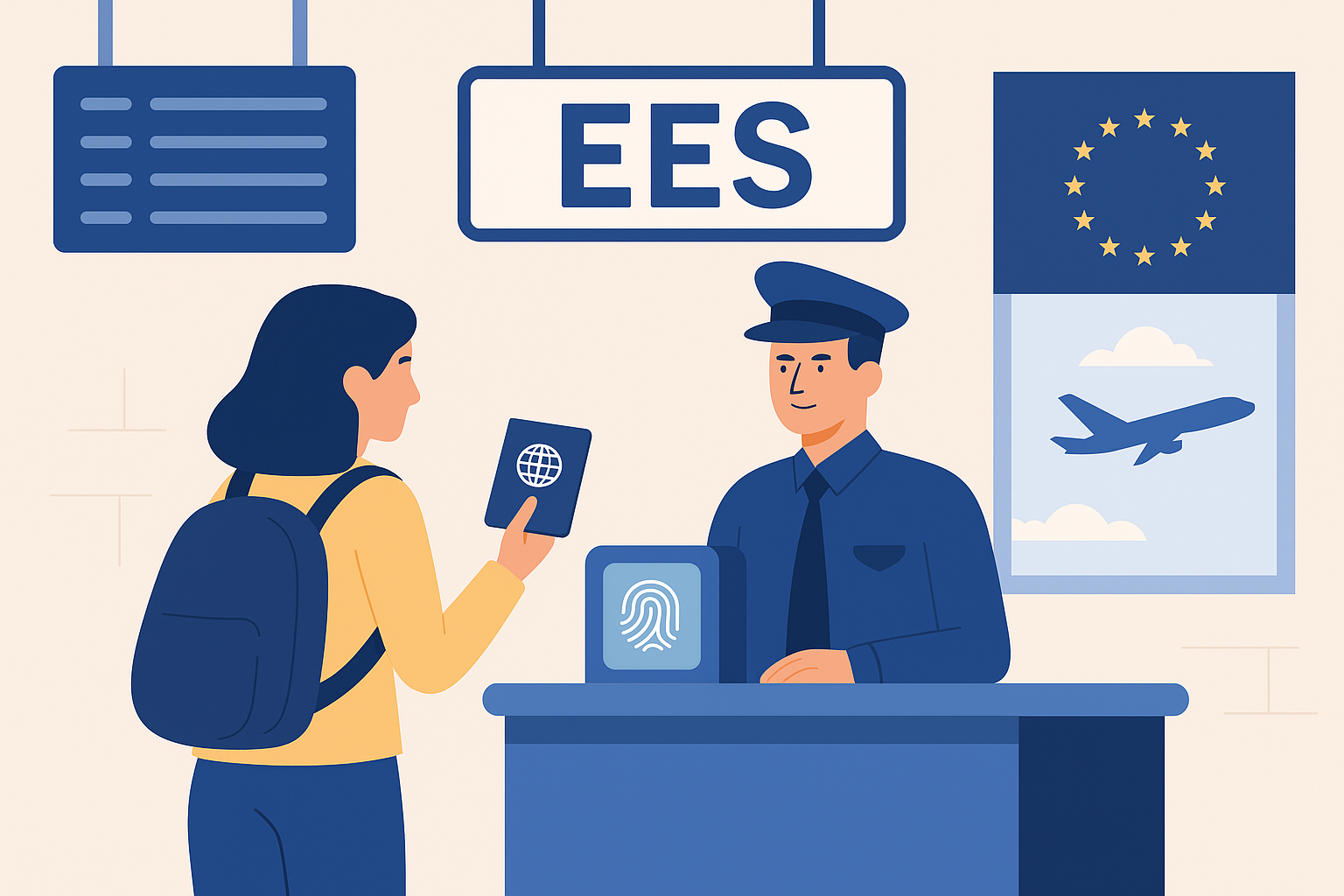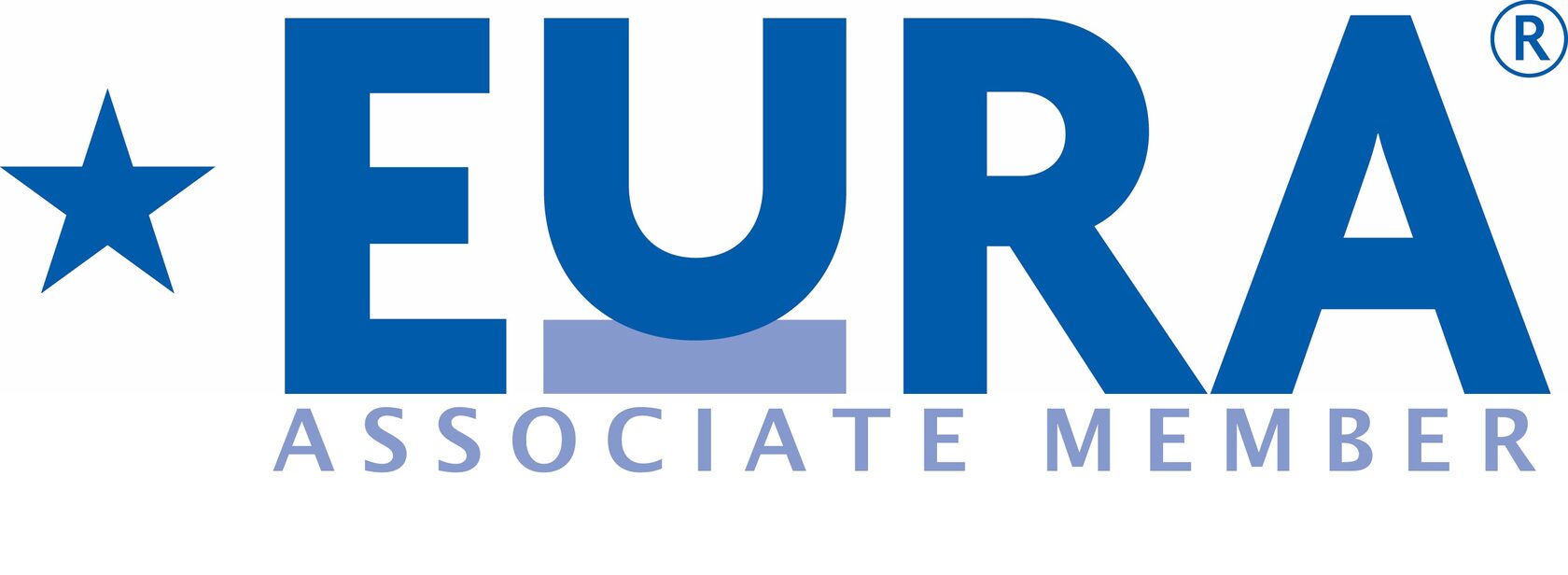Starting in October 2025, the Entry/Exit System (EES) will become the new digital gatekeeper for third-country nationals visiting Europe. Whether you’re coming on a short-term stay, or you’re just curious about ees login, this guide breaks it all down — in human language.
🧾 What Is the Entry and Exit System (EES)?
The EES system is a centralized EU/Schengen-wide database that will record:
- the entry and exit of all non-EU travelers
- refusals of entry
- biometric data (fingerprints and facial image)
It will apply to all non-EU citizens (excluding residents of Ireland and Cyprus) entering Schengen countries for up to 90 days within a 180-day period — whether you need a visa or not.
✅ No more passport stamps.
✅ Automated border control.
✅ Real-time border security updates across the EU.
🌍 Where Will EES Be Used?
The ees europe rollout covers the entire Schengen Area:
Austria, Belgium, Bulgaria, Croatia, Czech Republic, Denmark, Estonia, Finland, France, Germany, Greece, Hungary, Iceland, Italy, Latvia, Liechtenstein, Lithuania, Luxembourg, Malta, Netherlands, Norway, Poland, Portugal, Romania, Slovakia, Slovenia, Spain, Sweden, and Switzerland.
🔑 Who Needs to Register in the EES?
EES affects two categories of third-country nationals:
- Those who need a visa for short-term travel.
- Those who don’t need a visa but are still entering for a short-term stay.
If you have a valid residence permit, permanent residency, or are a long-term EU resident, the EES will generally not apply to you.
📅 EES Launch Date 2025
The official ees start date is October 2025.
You’ll use the ees online tool or ees login system at borders or through mobile applications once available.
✨ If you're a UK citizen covered under the Withdrawal Agreement, we strongly advise obtaining a residence permit in Poland or any EU country — this will exempt you from both EES and ETIAS procedures in the future.
💡 Benefits of the EES Travel System
- Stops identity fraud with biometric verification
- Identifies travelers who overstay
- Speeds up border control and replaces manual stamps
- Gives border authorities real-time information
- Improves EU-wide security and coordination
🇵🇱 Why Having Polish Residency Matters for EES
Having a valid Polish residence permit or permanent residence means:
- You won’t need to use the entry/exit system
- You’ll avoid extra registration steps
- You’ll stay compliant with new EU/ees regulations
💡 After 6 months in Poland, you also become a tax resident of Poland, meaning you must report and pay income tax here. It's one more reason to get legal residence in Poland instead of relying on short stays.
📝 Apply for a Residence Permit in Poland
Not sure where to start? Here’s a quick overview:
- What is a residence permit? A legal authorization to stay and live in Poland long-term.
- Poland residency requirements vary by nationality and purpose (work, study, family, etc.)
- You can apply for a residence permit Poland through the Mazovian Voivode or local immigration office.
⚠️ Summary: EES Is Coming — Be Prepared
With EES Europe launching soon, travelers from outside the EU will need to adapt. The best strategy?
Secure your residence permit in Poland and avoid the bureaucracy altogether.


